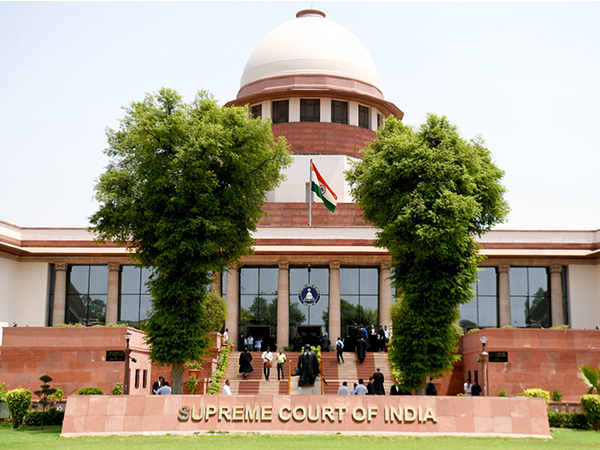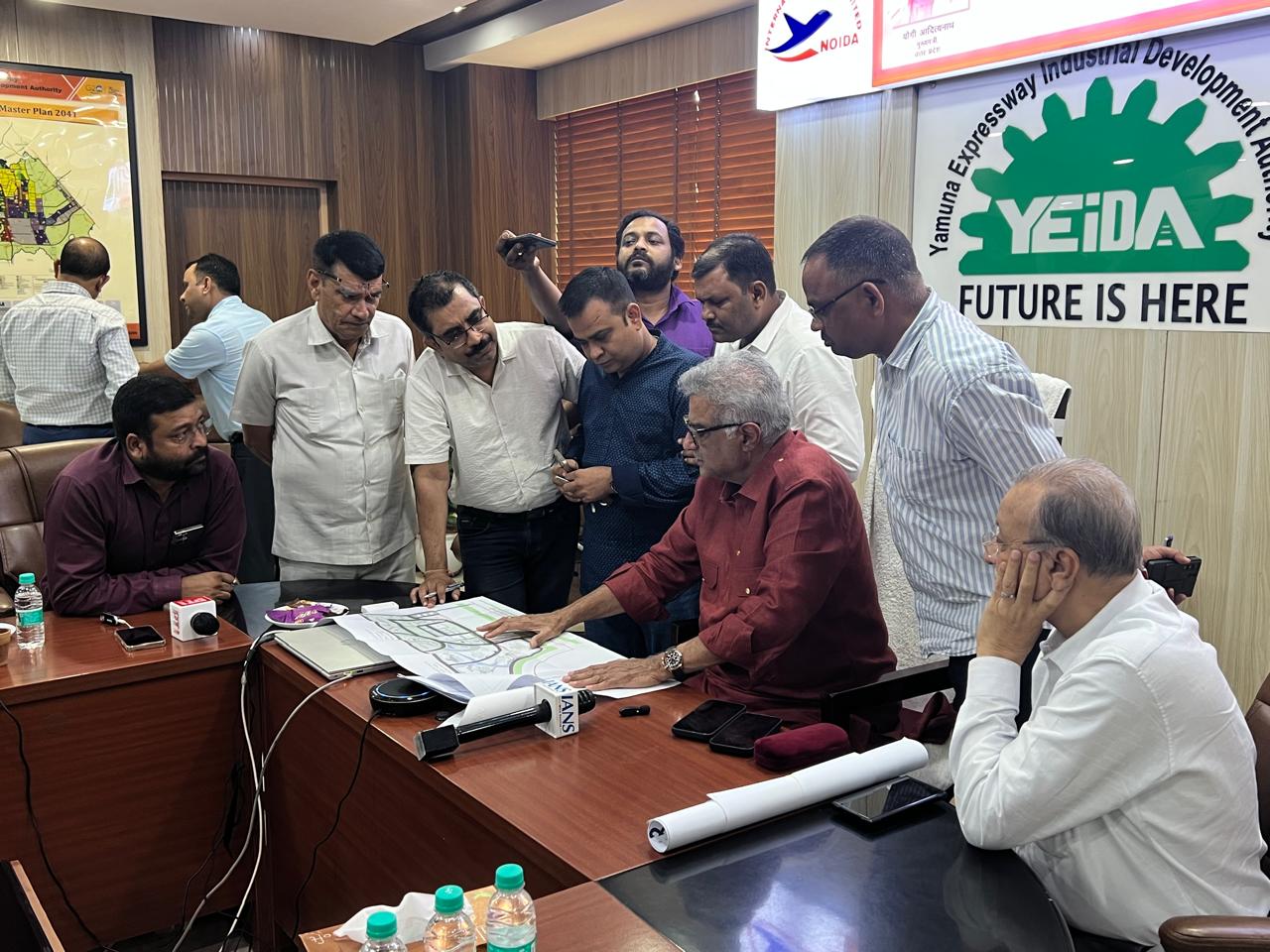New Delhi [India], May 27 (ANI): The Supreme Court on Tuesday issued notice to the Centre and state governments on a plea challenging the Constitutional validity of certain provisions of the Waqf Act, 1995, as amended by the Waqf (Amendment) Act, 2025.
A bench of Chief Justice of India BR Gavai and Justice Augustine George Masih tagged the plea along with pending petitions challenging the 1995 Waqf Act.
The apex court was hearing the petition filed by one Nikhil Upadhyay challenging the 1995 Act.
During the hearing, the bench asked advocate Ashwini Upadhyay, appearing for the petitioner, as to why he was challenging 1995 Act in 2025.
Upadhyay responded that he was also challenging 2013 Waqf Amendment Act. To this, CJI said, “Even then, 2013 to 2025. 12 years. There is delay.”
Supreme Court is already hearing petitions challenging the Places of Worship Act 1991 and the National Minority Commission Act 1992, advocate submitted.
Additional Solicitor General Aishwarya Bhati, representing the Centre, told the bench that the court has not allowed the challenge to the 1995 Act to be heard along with the petitions challenging the 2025 Amendment. However, there is no objection to this fresh petition being tagged along with the other petition challenging the 1995 Act.
The petition submitted that only Muslims have a law relating to the administration of their charitable properties, and other religions do not have a similar law; hence, the Waqf Act 1995 was discriminatory.
The petition challenged the constitutional validity of certain sections of the Waqf Act 1995 as amended by the Waqf (Amendment) Act 2025, contending that these provisions are against Articles 14, 15, 21, 25, 26, and 27 of the Constitution.
The petitioner further stated that the state cannot grant, at the cost of the public exchequer, the expenses incurred for the verification of Waqfs and their properties, while there is no similar exercise nor a grant of expenses for the survey of other religious institutions and their properties.
“The cost of the survey for the verification of Waqf and its properties must not be borne by the state. There should be a Common or Uniform Law for Religious Trusts and Endowments,” the petition added. (ANI)
Disclaimer: This story is auto-generated from a syndicated feed of ANI; only the image & headline may have been reworked by News Services Division of World News Network Inc Ltd and Palghar News and Pune News and World News
HINDI, MARATHI, GUJARATI, TAMIL, TELUGU, BENGALI, KANNADA, ORIYA, PUNJABI, URDU, MALAYALAM
For more details and packages
















